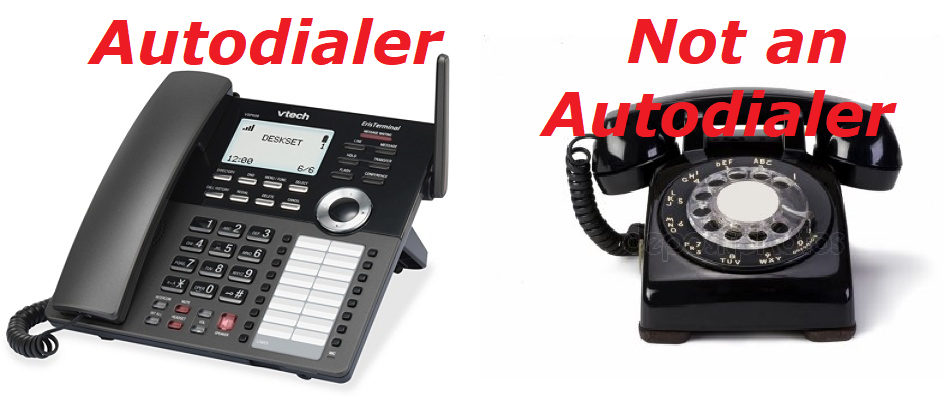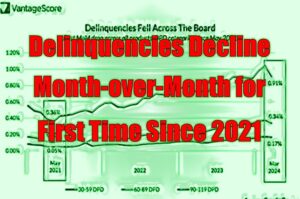 Over the past several years, the TCPA (Telephone Consumer Protection Act) has been challenged in court with mixed rulings that gave hope that the law would finally catch up to changes in society that have made mobile devices the sole means of contact for over 50% of Americans. Unfortunately, the Ninth Circuit has just published its opinion on the matter Marks v. Crunch San Diego, LLC, No. 14-56834, 2018 WL 4495553 (9th Cir. Sept. 20, 2018) and has chose to make the most extreme of rulings we now have a new definition of an ATDS (Automatic Telephone Dialing System) in the Ninth Circuit. It is:
Over the past several years, the TCPA (Telephone Consumer Protection Act) has been challenged in court with mixed rulings that gave hope that the law would finally catch up to changes in society that have made mobile devices the sole means of contact for over 50% of Americans. Unfortunately, the Ninth Circuit has just published its opinion on the matter Marks v. Crunch San Diego, LLC, No. 14-56834, 2018 WL 4495553 (9th Cir. Sept. 20, 2018) and has chose to make the most extreme of rulings we now have a new definition of an ATDS (Automatic Telephone Dialing System) in the Ninth Circuit. It is:
[T]he term “automatic telephone dialing system” means equipment which has the capacity—(1) to store numbers to be called or (2) to produce numbers to be called, using a random or sequential number generator—and to dial such numbers automatically (even if the system must be turned on or triggered by a person).
In other words, all dialers that can call automatically from a list are, at least within the Ninth Circuit, subject to the TCPA.
Under this definition, virtually any telephone, short of the old fashioned rotary dial phone, can be defined as automatic dialers and as such, any call made to a mobile device by any phone that can perform any of the aforementioned functions, is an autodialer and subject to punitive fines and legal action.
Over the past several years, the TCPA (Telephone Consumer Protection Act) has been challenged in court with mixed rulings that, in some cases, appeared to be a loosening on the restrictions to calling or texting consumers/borrowers on the mobile devices. This law was originally enacted in 1991, before smart phones and the proliferation of mobile devices into society and was intended to combat autodialers whose sole purpose was for marketing. During this era, mobile phones were charged for incoming calls and such calls were deemed costly to the public and a nuisance.
As historically tends to be the case, Congress has failed to modernize this law to address contemporary issues and changes in society, where the mobile phone has become the primary phone for an estimated 50.8% of Americans and people are more often using their mobile numbers on loan applications creating a landslide of TCPA lawsuits over the past seven years.
In 2017, a reported 4,392 TCPA lawsuits were filed. This is actually down from 2016 when there were 4,840. This number had been climbing steadily since 2009, when there were only 44 such lawsuits filed. This is partially the result of public awareness, but more the result of attorneys cashing in on the “turnkey” decisions coming from courts friendly to the archaic law and more favorable to more liberal interpretations of it.
While other, more lenient and realistic rulings have occurred in recent years, creating some optimism that reason will prevail, this decision sets the issue way back and a continuation of this lunacy and, in my humble opinion, frivolous lawsuits, will continue to cause havoc and cost lenders millions which will be passed on to consumers in the form of tighter underwriting criteria, higher interest rates and fees.











Facebook Comments